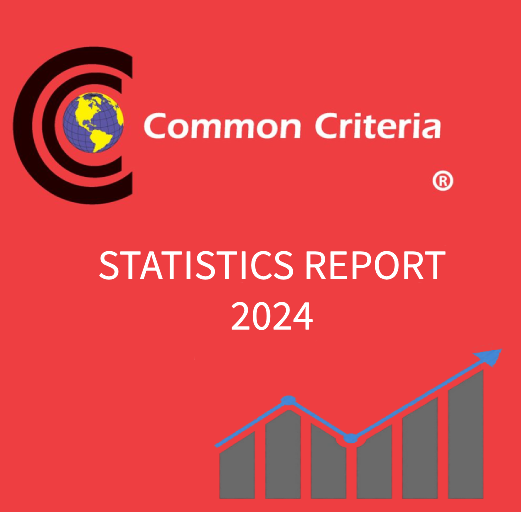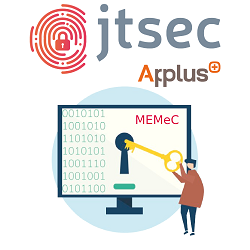Machinery Directive, definition and sectors involved
The Machinery Directive is the core European legislation regulating products of the mechanical engineering industries, which function is to establish a regulatory framework for placing the machinery on the Single Market. The Machinery Directive only applies to products that are to be placed on the EU market for the first time.
The main goals for this directive are:
The Machinery Directive 2006/42/EC was published on 9 June 2006 and became applicable on 29 December 2009 and it last edition was endorsed by the Machinery Committee and issued in October 2019.
On April 2021, the European Commission took the decision to revise this directive in order to convert it into a Regulation enhancing harmonization for the near future.
Main reasons to develop a new Regulation
The Commission considers that this former directive is not appropriate to the risks related to new technologies, including software upgrades and autonomous machines, areas that have experienced major developments in recent years. Not only physical components are critical for security. With this new approach, only products that comply with the new regulation will have a place in the European market.
There are several objectives for this new Regulation:
There will be severe economic penalties to those providers and companies that do not comply with the new Regulation, depending on the gravity of the non-compliance, they can reach up to 30.000.000€ or 6% of the total worldwide turnover of the firm.
Which products are mandatory to be evaluated?
There is a list of high-risk products which must be certified by a third party, otherwise, the certification will not be accepted, even when manufacturers apply the relevant harmonized standards. You can find the entire list of high-risk machinery products resumed in two main areas:
The machines not included above can follow the internal check procedures.

Cybersecurity Requirements
This new version of the Directive, takes into account cybersecurity as one of the main parts of it, what makes us especially pleased, as a cybersecurity experts. This new text regards that a hardware component for connection that is critical for the safety compliance of the machine shall be designed so that it is adequately protected against accidental or intentional corruption. Likewise, critical software and data shall be adequately protected.
Compliance with cybersecurity requirements can be demonstrated via a European cybersecurity certification certificate or conformity statement pursuant to the Cybersecurity Act so far as those requirements are covered by the certificate or statement.
How can we help you evaluating your products according to the Machinery Directive?
At jtsec we are experts in cybersecurity certifications and actively members in the development of the ECCF (European Cybersecurity Certification Framework). If you have any question, we will be more than happy to help you.












